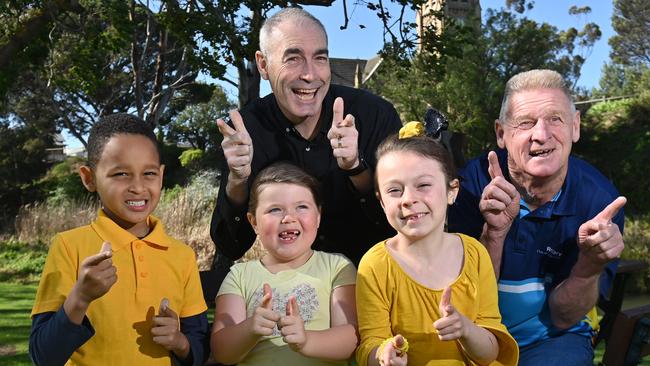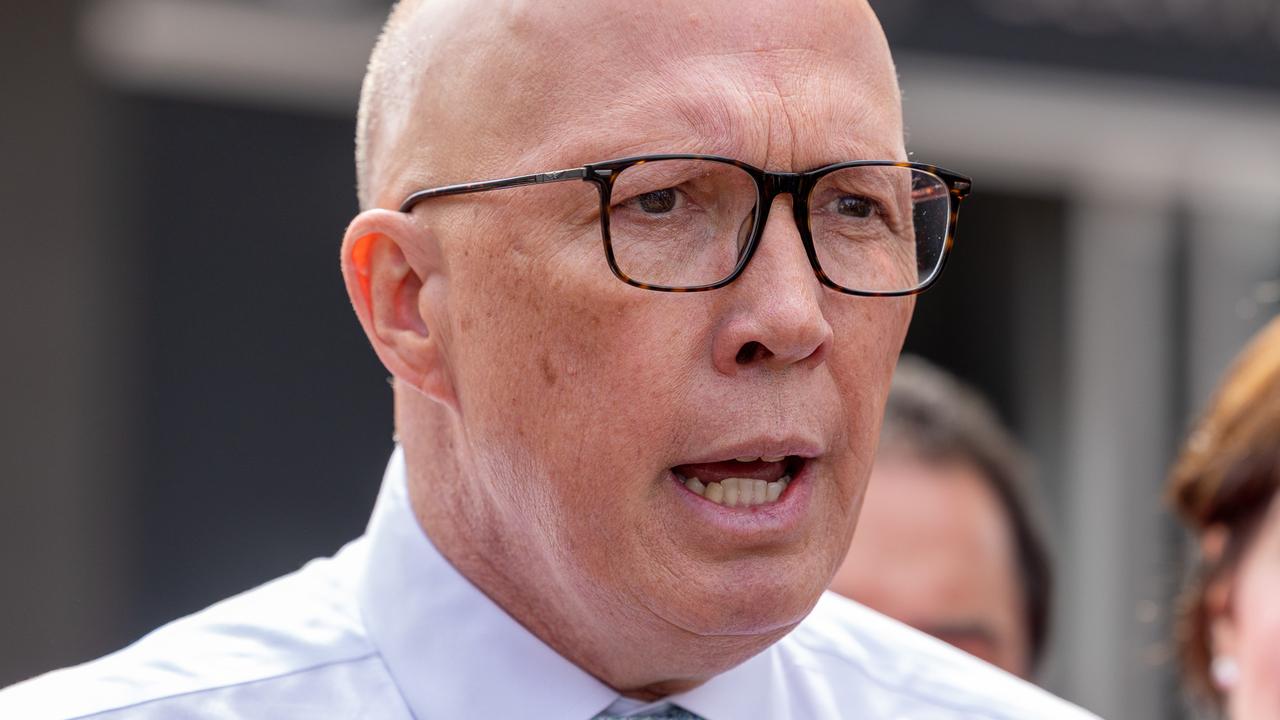Parliamentary push for defibrillators in schools, workplaces, sports clubs and buses
Defibrillators for cardiac emergencies could be widely available in all public spaces and large workplaces – even buses – because ambulances take too long.

SA News
Don't miss out on the headlines from SA News. Followed categories will be added to My News.
Defibrillators would be put in all public buildings, schools, sports clubs, shopping centres, large workplaces, swimming pools and universities as well as on public transport under a private member’s bill to go to parliament next month.
SA-Best MLC Frank Pangallo put together the bill in the last parliament which passed in the Legislative Council with Labor support but lapsed when the election was called.
He says in light of the Plympton heart death tragedy where a 47-year-old man died waiting 42 minutes for an ambulance – an ongoing lottery of getting an ambulance quickly in an emergency – the need for automated external defibrillators (AEDs) in the community is urgent.
His national-first plan would have a register of the devices so anyone calling triple-0 for a cardiac arrest emergency could be advised where the nearest one is located.
AEDs analyse the heart’s rhythm and, if necessary, deliver an electrical shock to help the heart re-establish an effective rhythm, with a voice instruction that tells the user how to use the portable device.

The Automated External Defibrillators (Public Access) Bill 2022 would also apply to aged care and retirement villages, as well as some residential apartments and be installed in all emergency services vehicles, including police, metropolitan and country fire services and the State Emergency Service.
“We now have a situation caused by ramping where people are dying from heart attacks because ambulances can’t get to them in time,” Mr Pangallo said.
“What value do we put on a life? Automated external defibrillators sell for about $1600 each – a small price for government and the private sector to pay to potentially save lives.
“This Bill will ensure more lives are saved as more defibrillators will be available in the community.”

Mr Pangallo has written to Health Minister Chris Picton expressing his alarm over the health system after learning a widowed pensioner who lives alone suffered a heart attack this month and had to wait more than two hours for an ambulance.
She had two stents inserted when she finally arrived at hospital.
His push comes as Greg Page – the original yellow Wiggle who collapsed onstage – has launched the Heart of the Nation initiative with an aim of having a defibrillator within 200m of every home in a community.
“My life was saved because of bystanders who knew how to do CPR and the fact there was an AED nearby when I went into cardiac arrest – and people knew where it was,” Mr Page said.
“Having an AED within three minutes of someone can increase survival rates by 200-300 per cent.”





